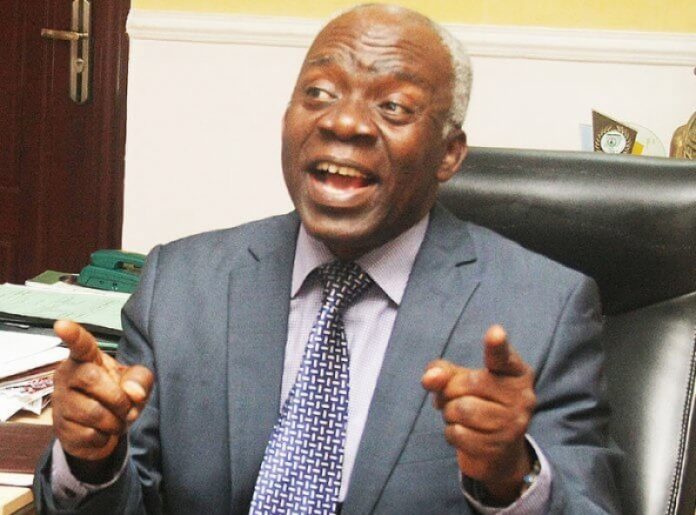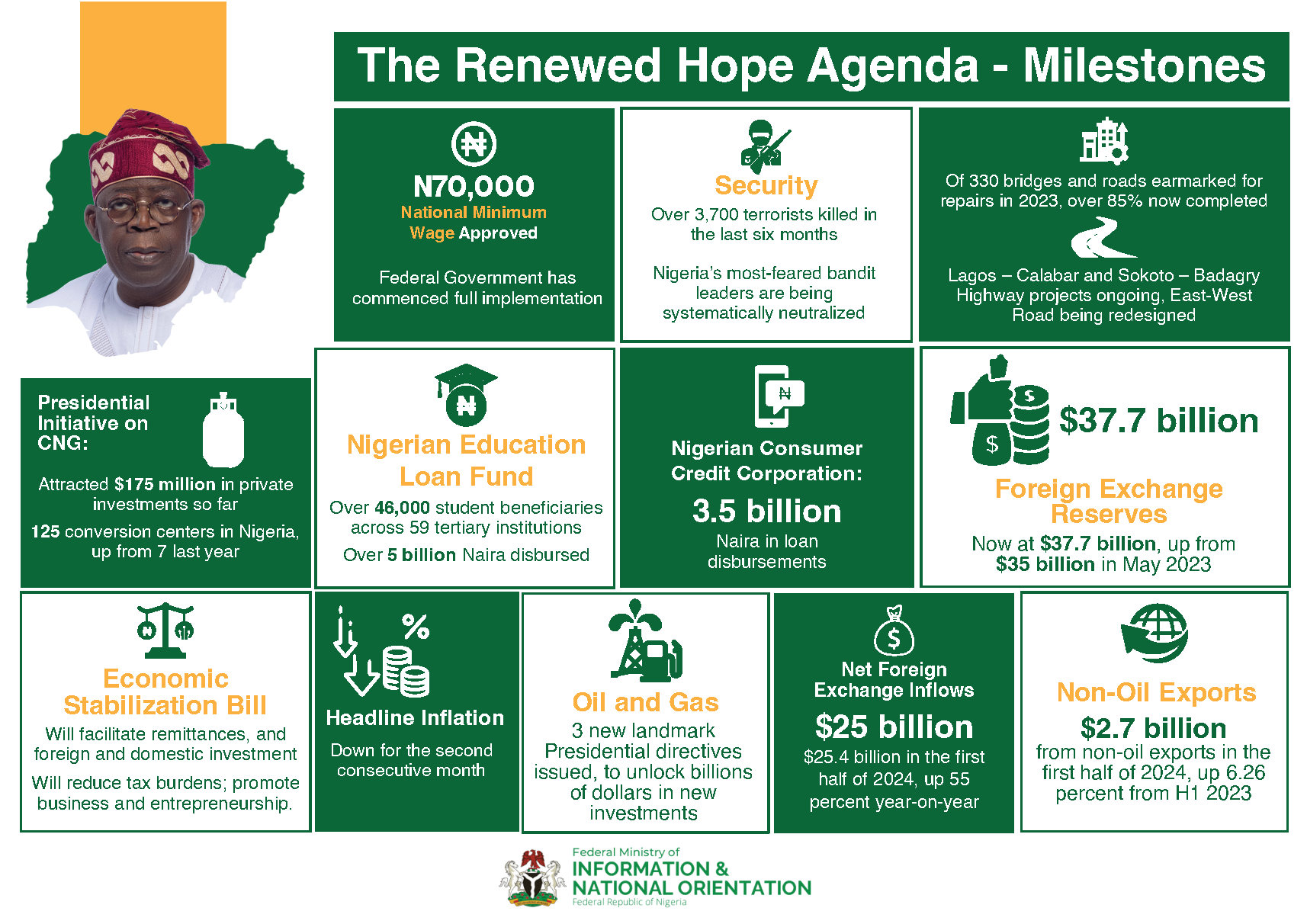Human rights crusader and Chair, Alliance on Surviving Covid 19 and Beyond (ASCAB), Femi Falana SAN at the weekend reiterated that all Nigerians by law are now entitled to compulsory health insurance.
According to him, the National Health Insurance Authority (NHIA) Act enacted by the Federal Government in 2022 has repealed and replaced the National Health Insurance Scheme (NHIS) Act of 2004. The repealed law had failed to achieve significant population coverage or integration of Nigeria’s fragmented health insurance system.
He said: “The NHIA Act of 2022 represents a major policy and legal shift toward making universal health coverage a legal and operational reality for all Nigerians. It mandates the enforcement of a Basic Minimum Package of Care for all citizens, while also creating the Vulnerable Group Fund to subsidize care for the poor, elderly, children under five, and the physically or mentally challenged. States are required to operate a health insurance scheme or use third-party administrators until such schemes are established;
In accordance with the NHIA, on September 3, 2025, President Bola Tinubu directed all Ministries, Departments, and Agencies to enrol their employees in the National Health Insurance Authority scheme. To ensure compliance across all MDAs the directive mandates all entities participating in public procurement to present a valid NHIA-issued Health Insurance Certificate. The directive includes a mandate for the Secretary to the Government of the Federation to enforce enrolment and monitor compliance, potentially expanding coverage significantly across MDAs;
The NHIA Act has also mandated the governments of the 36 States and the Federal Capital Territory to provide basic minimum package of care to all residents of Nigeria. In furtherance to this, the NHIA is required to implement the Basic Health Care Provision Fund under the National Health Act 2014 and any guidelines developed in that regard;
However, the State health schemes will be responsible for the management of the fund and monitoring its implementation. Where a state has not established a health scheme, it may use the services of a Third Party Administrator pending the establishment of its health scheme;
No doubt, the primary aim of the NHIA Act is to ensure that every Nigerian and legal resident has access to affordable, quality, and comprehensive health care services through mandatory health insurance. Hence, the NHIA has established a regulatory and institutional framework for the promotion, administration, supervision, and regulation of all health insurance schemes in Nigeria—whether public or private;
According to the Health Care Providers Association of Nigeria, over 90 per cent of Nigerians are still not covered by any form of health insurance. The association warned that with the figure of uninsured Nigerians, the country is far from achieving universal health coverage. The unfortunate development is caused by poverty as it is officially acknowledged that millions of citizens have become dimensionally poor;
Section 25 of the Act provides that the health insurance for vulnerable people shall be fully funded by the government, while section 31 thereof requires employees to contribute to their health on a contributory basis. The law, however, has defined “vulnerable group” to include children under five, pregnant women, the aged, physically, and mentally challenged, and the indigent as may be defined from time to time. Since the majority of citizens have become indigent and vulnerable, the federal government, state local governments, and local governments should provide adequate funding for the health insurance of all citizens;
This demand is in line with section 17(3) (d) of the Nigerian Constitution has imposed a duty on the governments to ensure that ” there are adequate medical and health facilities for all persons” and article 16 of the African Charter on Human and Peoples Rights (Ratification and Enforcement) Act provides that “every individual is entitled to the highest attainable standard of physical and mental health”, he concluded.
Dear readers, we really need your support to keep on serving you with authoritative, truthful, and juicy stories everyday. For your support, please reach out to the editor @gavelinternational66@gmail.com


